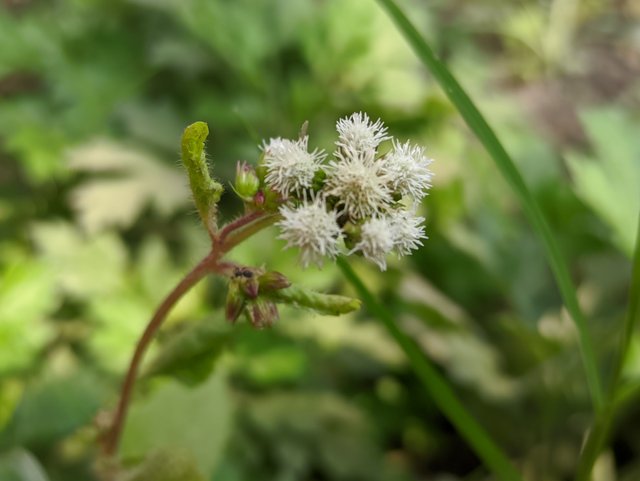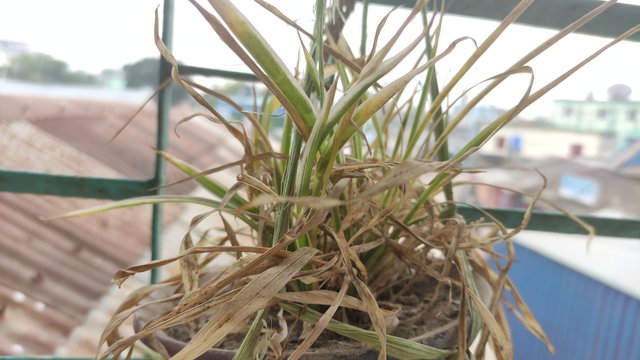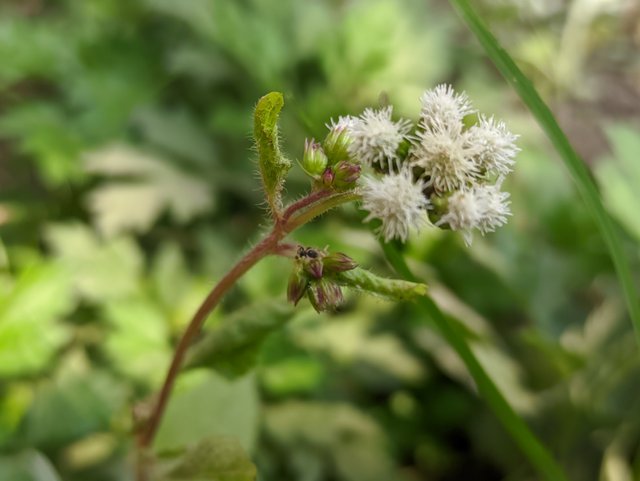Sensitive plants are plants that are easily damaged by environmental factors such as excessive moisture, cold, or UV radiation. Some common examples of sensitive plants are orchids, ferns, and mosses. Sensitive plants require specific care to ensure they remain healthy and produce flowers or mosses.

Types of Sensitive Plants:
There is a wide range of sensitivities among plants, from those that are mildly sensitive to those that are very sensitive.
There is a wide range of sensitivities among plants, from those that are mildly sensitive to those that are very sensitive. Some plants may be more susceptible to specific types of stressors; others may be more responsive to different types of care. The following list includes some common types of sensitivities and the plants that are most commonly affected by them.
Environmental Sensitivity:
Many plants aresensitive to environmental changes such as temperature, humidity, light exposure, or chemical exposure. These plants may become stressed out and exhibit symptoms such as decreased growth, flower production, or leaf shape and coloration.

Root Sensitivity:
Many plants have roots that are sensitive to various chemicals and pathogens. If these conditions are not properly maintained, the plant's roots can become infected or weakened which can lead to reduced growth or even death in extreme cases.
How to Tell If a Plant Is Sensitive:
For most plants, you can tell if they are sensitive by their reaction to certain types of touch or pruning.
If you have a sensitive plant, you may have noticed that they seem to react more strongly to different types of stimuli. For example, if you touch a sensitive plant funny, they might quickly pull away or become red in the face. Sensitive plants may also be more prone to becoming infected by pests and diseases.

There are a few ways to tell if your plant is sensitive:
Observe their behavior - Are they reacting to different stimuli in a way that seems abnormal?
Check the leaves - Are any of them looking droopy or wilted?
Look at the plant's roots - Are they branching out in all directions? If so, this could be an indication that the plant is stressed or doesn't have enough water.
Test out different plants - Some plants will be more sensitive than others.
How to Handle Sensitive Plants:
For most plants, the best way to handle them is to be gentle and avoid any contact that might cause them pain.
When it comes to handling sensitive plants, the best approach is usually to be gentle and avo. It’s important not to force them, as this can cause them to develop problems such as broken branches or over-watering. Try doing things a little at a time so that the plant isn’t overwhelmed and can adjust easily. Additionally, make sure the environment they are in is well-maintained and free of pests, which could further damage their delicate tissues.
Your post is manually rewarded by the @nftmc Community Curation Trail.
Join the NFTMC community to get rewarded.
USE TAG - #nftmc
Curation Trail- @nftmc
Discord- https://discord.gg/5P57gwYYcT
Twitter- https://mobile.twitter.com/NFTMC3
Downvoting a post can decrease pending rewards and make it less visible. Common reasons:
Submit
@ambisiousmind I hope you are well. I have a small win-win proposition for you. please, if you could spare a few minutes to listen, it would be a pleasure. if you like it you join, otherwise no problems.I promise you won't regret it. 🙏🙂
Downvoting a post can decrease pending rewards and make it less visible. Common reasons:
Submit